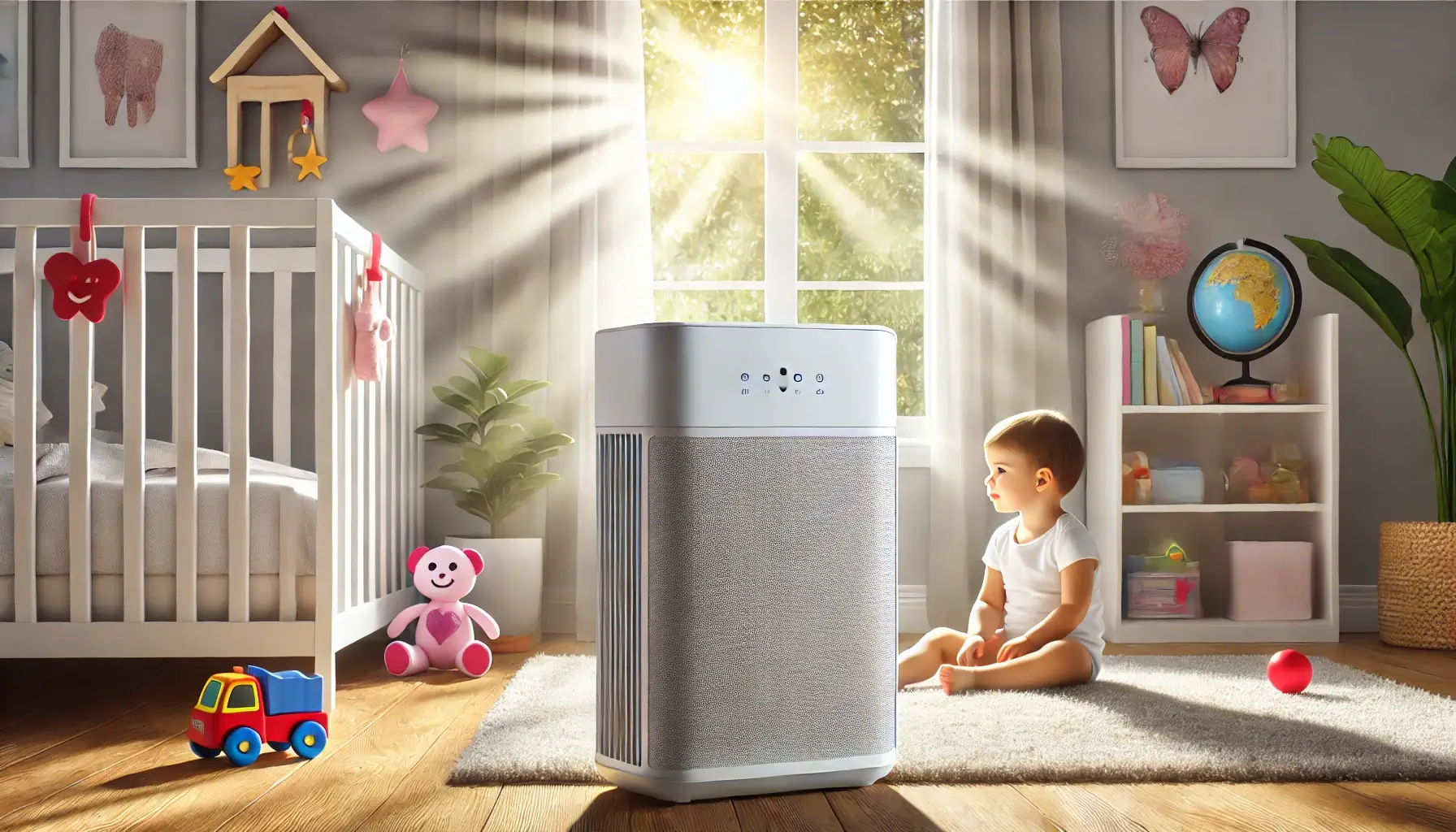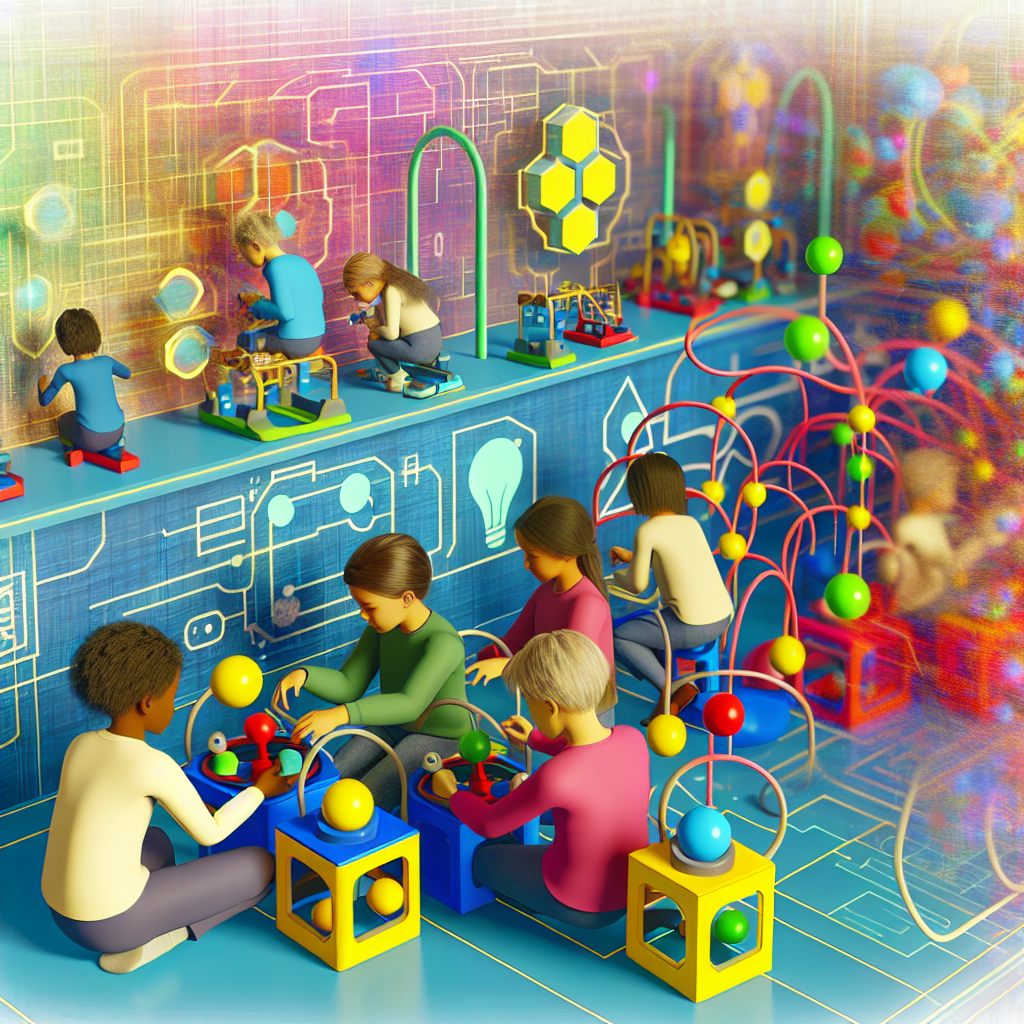Why Children Need Air Purifiers for Cleaner Air
Due to their ongoing lung development and heightened sensitivity, children are more vulnerable to airborne irritants and contaminants than adults. Here’s how a premium air purifier might provide advantages for children:
Minimized Contact with Harmful Substances
Airborne allergens, such as dust, pollen, pet dander, and mold spores, can be successfully captured and eliminated from indoor air using high-quality air purifiers equipped with HEPA filters. This has the potential to diminish allergy and asthma symptoms in youngsters significantly.
Eliminating Airborne Pollutants and Irritants
Airborne pollutants, such as smoke and dust mites, can lead to respiratory discomfort and asthma attacks in children. Air purifiers are effective in eliminating these irritants.
Addressing Outdoor Pollution Indoors
Using air purifiers indoors can partially address outdoor pollution. Although not a comprehensive solution, air purifiers can help minimize the entry of pollutants such as wildfire smoke or traffic fumes into indoor spaces, particularly if windows are kept closed.
Enhanced Respiratory Health and Better Sleep
Air purifiers can mitigate respiratory symptoms in children, particularly those with asthma or allergies, by minimizing their exposure to allergens and irritants. This can result in a decrease in coughing, wheezing, and congestion episodes, and improved sleep quality.
Long-Term Benefits for Children’s Lungs
Minimizing childhood exposure to air pollution may enhance lung development and decrease the likelihood of developing chronic respiratory issues.
Choosing the Right Air Purifier for Your Child
When selecting an air purifier, look for those equipped with HEPA filters and a Clean Air Delivery Rate (CADR) suitable for the room size where your child spends the most time. Regularly replace air filters for optimal performance.
Safety Considerations for Air Purifiers
Air purifiers have limitations and may not eliminate specific airborne pollutants like viruses or bacteria. Additionally, some air purifiers with ionizers may produce ozone, a respiratory irritant. Choose a purifier that either does not generate ozone or allows deactivation of the ionizer.

Dominic E. is a passionate filmmaker navigating the exciting intersection of art and science. By day, he delves into the complexities of the human body as a full-time medical writer, meticulously translating intricate medical concepts into accessible and engaging narratives. By night, he explores the boundless realm of cinematic storytelling, crafting narratives that evoke emotion and challenge perspectives. Film Student and Full-time Medical Writer for ContentVendor.com




